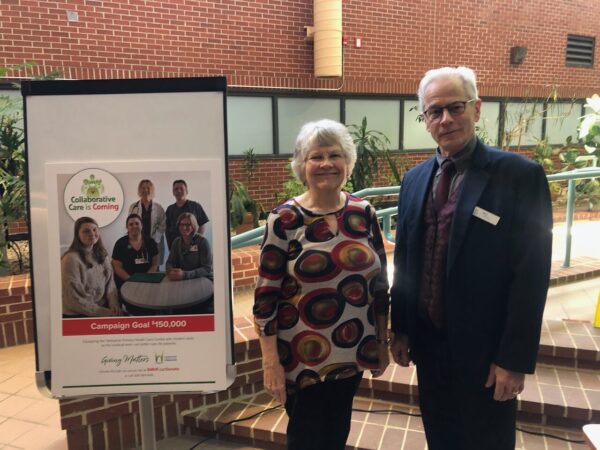
by Meg Cunningham
Hannah Crouse is the Accessibility Affairs Coordinator for the Mount Allison Students’ Union.
She was one of many students who suddenly transitioned to online learning last month due to COVID-19.
Crouse is studying at Mount Allison part-time over the summer.
She says that there is “a significant difference between online learning and online learning during a pandemic.”
“I think in March, there was a lot more anxiety around just like the unknown. There was kind of like no plans to base it off of right? Like, how would you do online learning? And how would these like self directed courses work, but since we were kind of just thrown into it in March, I think I have a lot more comfort with the courses that I’m taking now.“
“Who would have known that we would have had a pandemic, right? Nobody could fathom that that was going to happen. So I think it was a huge stressful moment for everyone involved. So that doesn’t mean just students, I feel like that happens a lot of the time the stress is just kind of seen through a student’s eyes, but like staff as well, like the staff have to completely change like their syllabus or like how they’re doing the exams, that kind of thing. So it was stressful.“
Crouse says that the pandemic presents different barriers to students, and online courses need to acknowledge these new difficulties.
“During this time of like online learning in this huge shift, I think transparency of what professors are expecting from students will be huge. And ideally, I would like a little more flexibility, just to make sure it’s more accessible, right?“
Crouse is concerned that online learning may not be as accessible as she hopes.
“Accessibility is everything when it comes to learning. And with this huge shift in accessibility is certainly in question, if you will. There’s a lot up in the air about how accessible online learning is. So I think allowing flexibility to anyone, not even just students who have a disability or impairment, is huge and definitely should be everyone else’s ideal as well. And if that’s the case, then perhaps it should be actionized.“
Crouse warns against thinking of online learning as a “barrier-free environment.”
She says that ignores students who struggle with technology and internet access, international students living in different time zones, and those with children or unhealthy home environments.
Crouse recommends that students concerned about online learning for accessibility, mental health, or physical health reasons reach out to the Meighen Centre for accommodation within the university.
Staff are working from home, but are able to reach out by phone, video chat, or email.
Contact information is available on their website: mta.ca/meighen
For resources outside of the university’s jurisdiction, such as food security or employment, students can contact the Tantramar COVID-19 Task Force.
Contact information is available on their Facebook page.



















